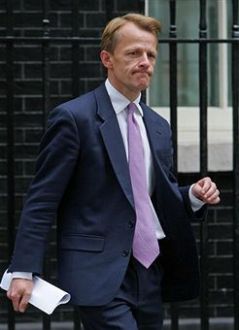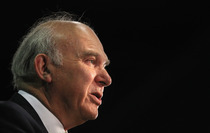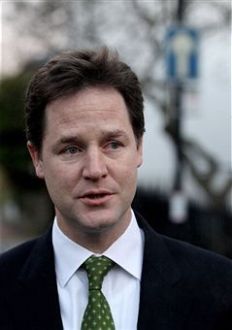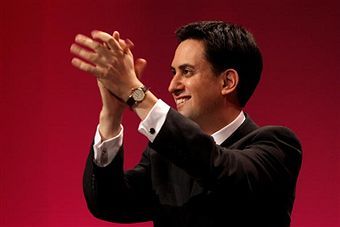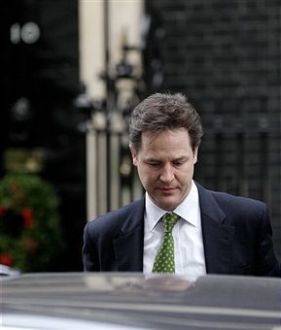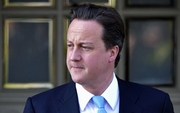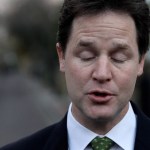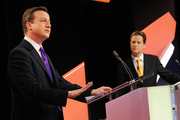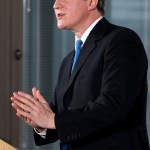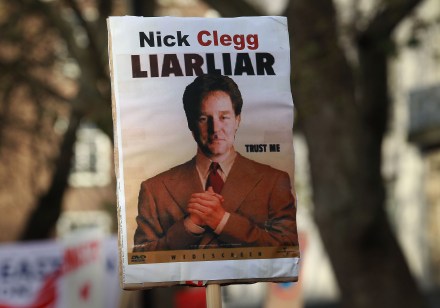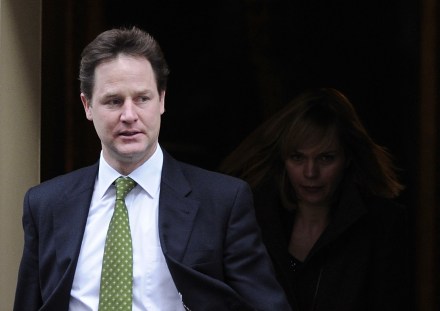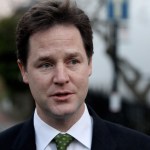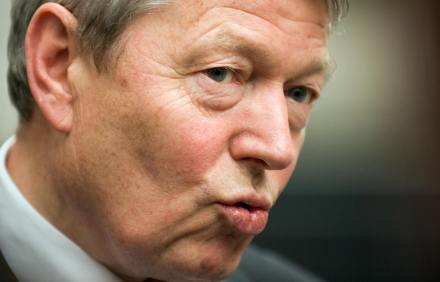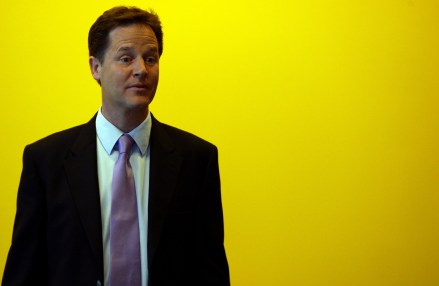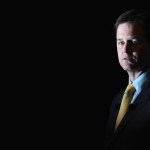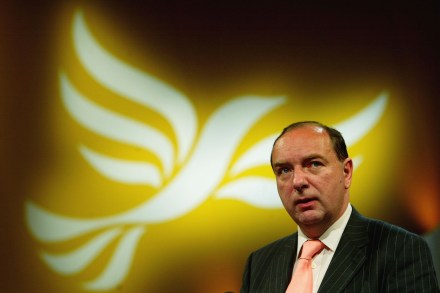Writing the Laws
Even out of office, David Laws remains one of the most important figures in the coalition. He was one of only two Lib Dem MPs — the other being Danny Alexander — to attend Nick Clegg’s strategy session at Chevening on Friday morning. He’s also played a crucial role in rolling out the pupil premium, effectively working out of Michael Gove’s department. So it is pretty much certain that he’ll return to government once the Standards’ Commissioner has delivered his verdict. Where Laws will be slotted in is far less certain. Today, the well-sourced James Chapman reports that he’s been lined up for a Minister of State job at
